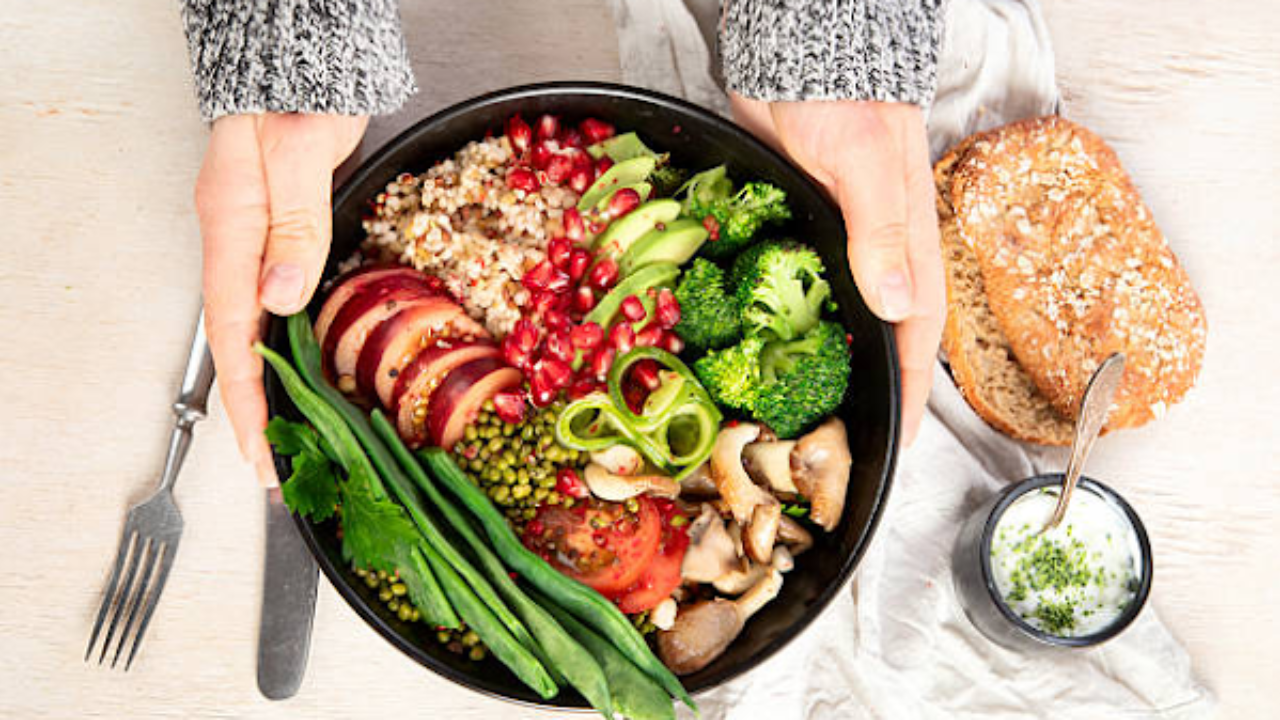Foods Raising Diabetes Risk

It's a question many of us have wondered, and the answers you'll find online can be confusing
With all the conflicting information available, you might feel like you need a secret decoder ring just to understand what's really going on with your diet and blood sugar levels. If you’re a high schooler trying to navigate this or a parent looking to help, this guide is for you. We’re cutting through the noise to give you the real facts, and we'll show you why working with a diabetes dietitian is one of the smartest moves you can make.
The Real Culprits Behind Rising Blood Sugar
First, let’s clear up a major myth: eating a single candy bar or a slice of cake does not "cause" diabetes. That's a huge oversimplification. What we're really talking about is a pattern of eating over time.
For Type 2 diabetes, the biggest factors are a combination of genetics, lifestyle, and diet. The foods that have the most significant impact are those high in simple carbohydrates and saturated fats. Think about a regular soda, sweetened cereals, or white bread. These foods are broken down quickly by your body into glucose, which is a type of sugar. When you eat too many of these foods, your body has to work overtime to produce insulin to manage all that glucose. Over time, your cells can become resistant to insulin, and that's when Type 2 diabetes (T2D) can develop.
For Type 1 diabetes (T1D), it's a completely different story. T1D is an autoimmune condition where the body's own immune system attacks the insulin-producing cells in the pancreas. Diet doesn't cause Type 1 diabetes. However, for those living with T1D, managing food intake is critical for blood sugar control. A Type 1 diabetes dietitian is essential for creating a meal plan that helps balance blood sugar levels and insulin doses. This is where T1D meal planning becomes a superpower.
The 3 Biggest Culprits and How to Navigate Them
Here are the top three food categories that have the biggest impact on blood sugar, for both T1D and T2D management:
- Simple Carbohydrates: These are the sugars and refined grains that your body breaks down super fast. This includes white bread, pasta, sugary drinks, candy, and pastries. They cause a quick spike in your blood sugar.
- Saturated and Trans Fats: While not directly causing a blood sugar spike, foods high in unhealthy fats like fried foods, bacon, and full-fat dairy can contribute to insulin resistance over time.
- Processed Foods: Many packaged snacks, ready-made meals, and junk food are loaded with a triple threat of unhealthy carbs, fats, and sodium. They offer little nutritional value and can be detrimental to your health.
The 2025 Guide to Eating Better
So, what's the solution? It's not about giving up everything you love. It's about making smarter choices.
Step 1: Discover Healthy Carb Swaps. Instead of white rice, try brown rice or quinoa. Choose whole-wheat bread and pasta over their refined counterparts. And when you're craving something sweet, grab an apple or a handful of berries instead of a cookie. This is a crucial part of working with a T2D dietitian or a T1D dietitian.
Step 2: Learn to Balance Your Plate. A great tip is the "plate method." Fill half your plate with non-starchy vegetables (like broccoli, leafy greens, and carrots), a quarter with lean protein (like chicken or fish), and the last quarter with a healthy carbohydrate (like a sweet potato or whole grains).
Step 3: Explore and Hydrate. Water is your best friend! Sugary drinks like sodas and juices are a major source of hidden sugar. Swapping them for water or unsweetened tea is one of the easiest and most powerful changes you can make.
Step 4: Unlock the Power of a Professional. This is where a diabetes dietitian comes in. They can help you create a personalized plan that fits your life. They can answer all your questions, from "Is fruit bad for me?" to "How do I meal prep?"
Ask the Diabetes Dietitian
Q: Do I have to stop eating all sugar forever?
No! A good diabetes dietitian will tell you that a healthy diet is about balance, not restriction. It's about making sure your body gets the nutrients it needs and enjoying "fun" foods in moderation.
Q: Can a healthy diet reverse Type 2 diabetes?
For many people, a healthy diet, combined with exercise and other lifestyle changes, can significantly improve blood sugar control and, in some cases, lead to remission of T2D. A Type 2 diabetes dietitian can create a plan to help you reach this goal.
Q: How is a diabetes dietitian different from a doctor?
A doctor diagnoses and treats diabetes, often with medication. A diabetes dietitian specializes in the food and nutrition side of things. They are trained to create meal plans and provide the education you need to manage your health with what you eat. They work together as a team!
Don't wait to take control of your health. Discover how a balanced approach to food can make a world of difference. To learn more and get personalized guidance, get started today by connecting with a professional. A diabetes dietitian can help you navigate the world of nutrition and empower you to live your healthiest life.
Make smarter snack choices and keep your blood sugar in check with ease! Here's your free download, and discover tasty, blood-sugar-friendly options.

